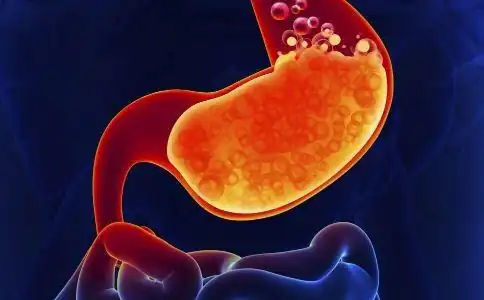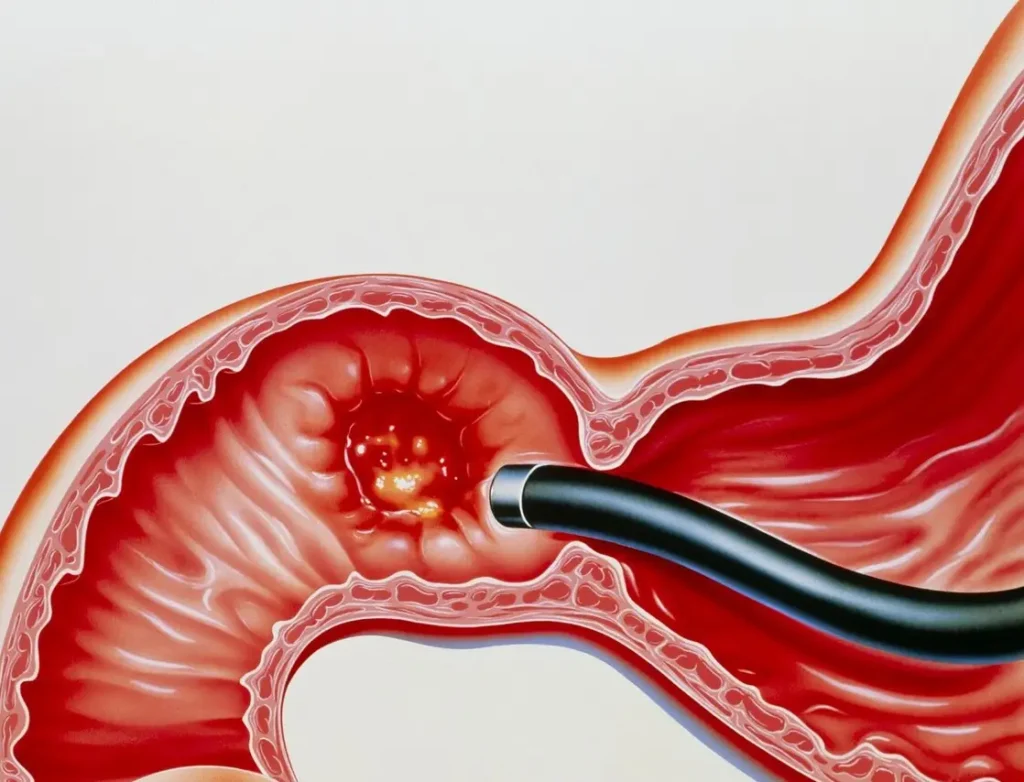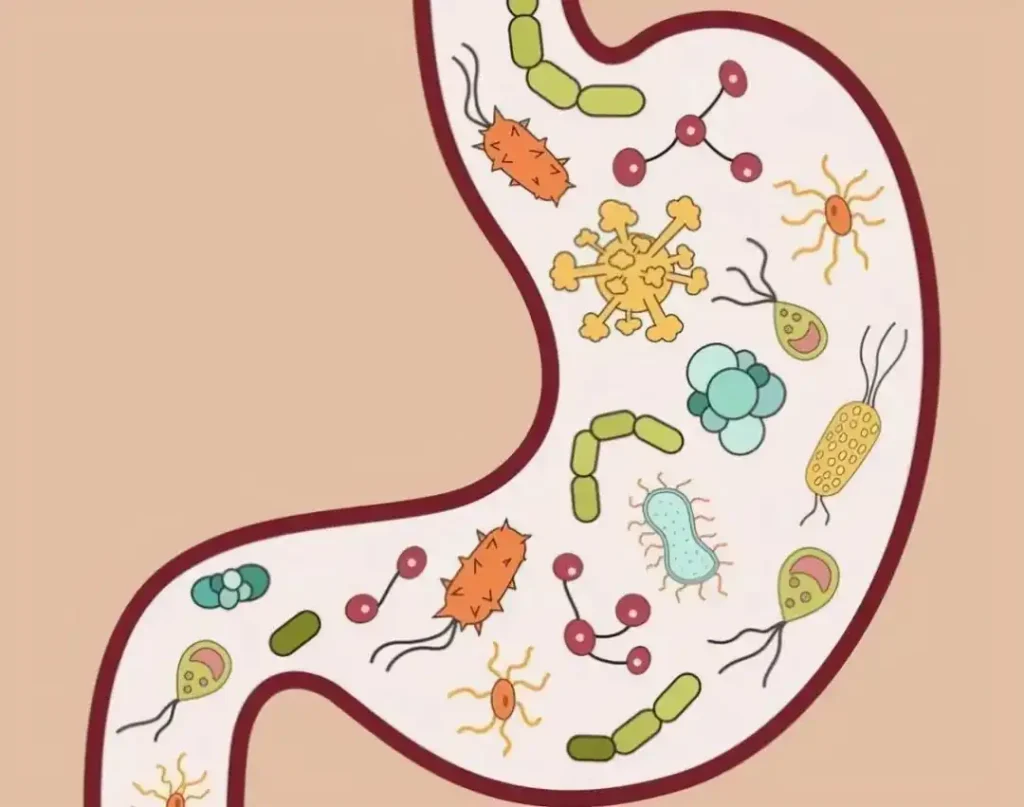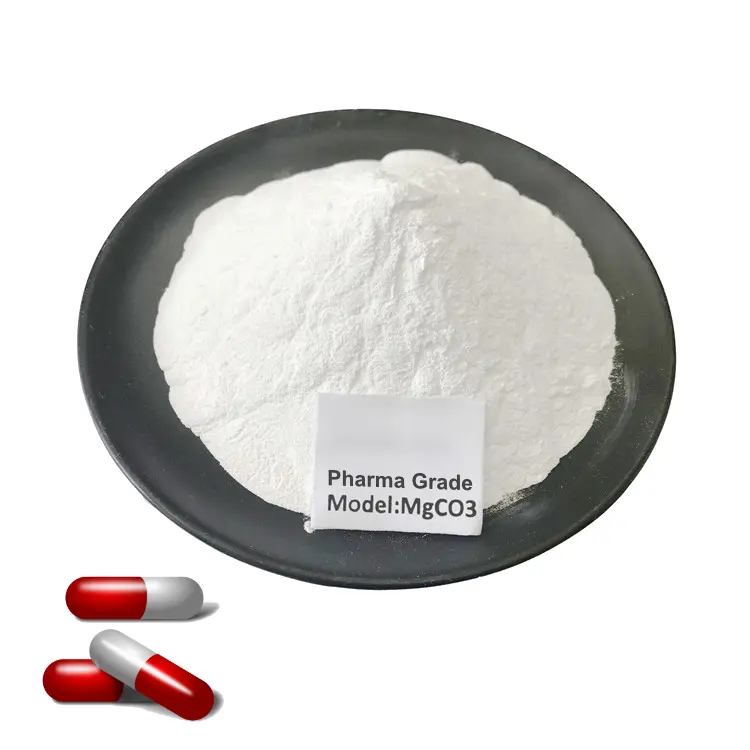Magnesium carbonate is a common digestive system API that can be used for a variety of stomach diseases.
1. Neutralize gastric acid

Magnesium carbonate is an antacid. 1g of magnesium carbonate can neutralize 27.1-27.8 hydrochloric acid. The main component of human gastric juice is hydrochloric acid secreted by gastric gland parietal cells. Gastric acid plays an extremely important role in the digestion of food. If gastric acid is secreted too much, it will erode the gastric mucosa and cause gastric inflammation or ulcers. At this time, antacids are needed to neutralize excess gastric acid.
2. Maintain gastric pH value
Magnesium carbonate can neutralize gastric acid and maintain the gastric pH value between 3 and 5, which is mainly determined by the characteristics of magnesium carbonate. When the gastric pH is less than 3, magnesium carbonate begins to neutralize to prevent excessive gastric acid from eroding the gastric mucosa; when pH=5, the reaction stops to avoid the intensification of gastric acid secretion caused by excessively high gastric pH; when pH is less than 3, the reaction starts again, so the gastric pH value can be kept in an appropriate range.
3. Adsorption and binding effect

Magnesium carbonate can directly inhibit the activity of gastric acid protease by adsorbing and binding to it, which is beneficial to the repair of the ulcer surface; it can also bind bile acid and adsorb hemolytic phosphocholine, thereby preventing these substances from causing further damage and destruction to the gastric mucosa.
4. Protect gastric mucosa

Magnesium carbonate can stimulate the gastric mucosa to increase the synthesis of prostaglandin E2, and prostaglandin E2 can regulate the normal secretion of gastric acid and also has a certain protective effect on the gastric mucosa, so it can enhance the “gastric mucosal barrier” effect. In addition, magnesium carbonate can also promote the release of epidermal growth factor in the gastric mucosa, increase the content of phospholipids in the hydrophobic layer under the mucus, and prevent gastric mucosal damage caused by hydrogen ion reverse osmosis.

